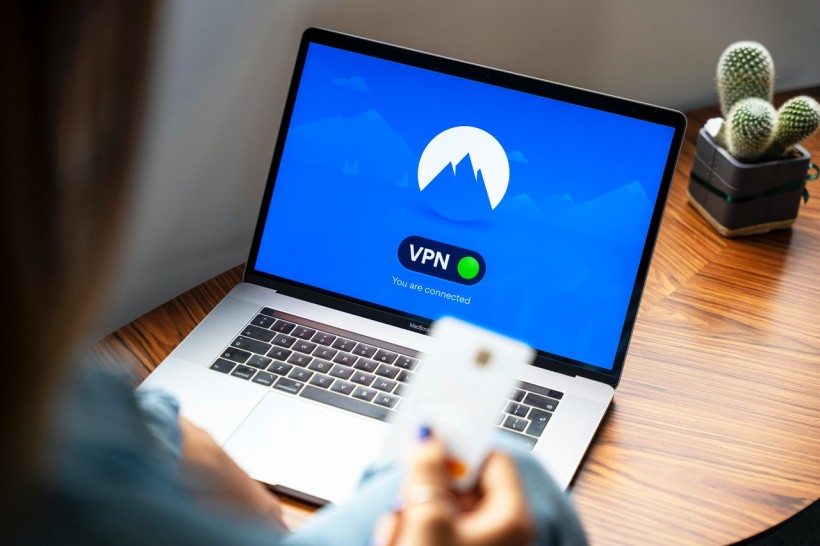What Are The Disadvantages of a VPN?

A Virtual Private Network or VPN is a cybersecurity software that is used by over 100 million users in the U.S. alone. The total global figure is only an estimate, but when the figures are added up from multiple sources, the aggregate number is certainly in the hundreds of millions. The VPN market will surpass $100 billion by 2027, surging both in terms of mobile VPN users and general usage which has spiked by almost 30% since 2020.
VPNs are fantastic and versatile tools that are arguably indispensable in today's rough and risky internet climate. There are many cases for the use and adoption of VPN technology, like how it is a fact that more than three-fourths of the world's connected population (in the billions) is concerned about their online privacy. Of course, this concern is not unwarranted, as more and more people understand that online security and privacy are nothing to scoff at. As the world digitally transforms, it becomes ever more important that sensitive data is secured and that interacting with the internet is ideally as democratic as possible. These are multiple great cases to be made for VPNs.
However, it is important to note that, like everything in the tech space, VPNs also have many disadvantages that users should be aware of. To do that, it is important to understand what a VPN is, and then look at some scenarios where VPNs have shown their not-so-great side. Care should be taken when understanding the weaknesses of VPN services.
What is a VPN?
A Virtual Private Network, commonly known as a VPN, is software that is part of the cybersecurity tools industry. It is a tunneling technology, developed decades ago, that places the user's internet connection onto a proprietary server offered by the VPN companies. This makes the user's internet connection encrypted, meaning too garbled for cybercriminals, ISPs, and the government to intercept as well as modifying where a user's IP address physically points to in the world.
Dozens, if not hundreds of VPN service providers are each offering their unique services today across app stores and through websites. In reality, only a handful of companies are legitimate, have passed security audits, and have products that do what they say on the box. Only a few also offer a satisfactory privacy policy and even fewer promise that they do not log user information when the user re-routes his/her internet connection.
The Disadvantages of a VPN
Most people searching for VPNs on the internet will find that 90% of the information about VPNs is overwhelmingly positive. There are two reasons for this; one is that marketing for VPNs like blogging about VPNs has climbed tremendously as the market pushes and grows, adding big names and sponsors to the list. Secondly, the disadvantages of VPNs, in general, do not bother the average person because the positives do outweigh the negatives.
However, that is not at all to say that a misconfigured VPN or an illegitimate VPN cannot cause problems. Furthermore, to reiterate the points in the above section, only a few VPN providers are worth their salt. This means that they tick the most important fundamental boxes when it comes to selecting a VPN provider through which barebones data will be transmitted.
Here are some disadvantages of VPNs in general, and remember that no VPN service will tick all the boxes and thus no product is objectively perfect.
-
Using a VPN is banned and punishable by law in some countries
-
Some VPN services are run by cybercriminals and are not safe to use
-
Some VPN services have been hacked and user data was compromised
-
Very few VPNs have proven that they do not log user data
-
Few VPNs over satisfactory speed and sufficient servers
-
Connection breaks tend to happen with VPNs
-
Few VPNs offer advanced cybersecurity features
-
A VPN on its own is not enough to have peace of mind but it is more like a good supplement to internet security and privacy
Several of the above issues can be resolved simply by choosing to use a premium VPN that is activated with a monthly subscription. Most experts in the subject such as VPN overview portals will agree that the top four are; NordVPN, Cyberghost, Surfshark, and ExpressVPN. These services tick most boxes have high-quality encryption and good enough speeds to get around Netflix geoblocking and will perform very well on internet anonymity checks.
It is critical that users avoid free VPN services in general, and instead opt for subscription-based VPN services because the former mostly make money by selling user information to third parties. The most important aspect of this is that legitimate VPN companies will tend to respect user privacy and security, as well as run a clean, legal business model.
Subscribe to Latin Post!
Sign up for our free newsletter for the Latest coverage!














